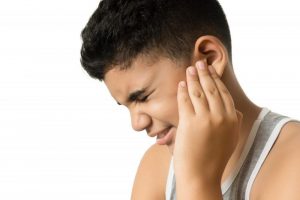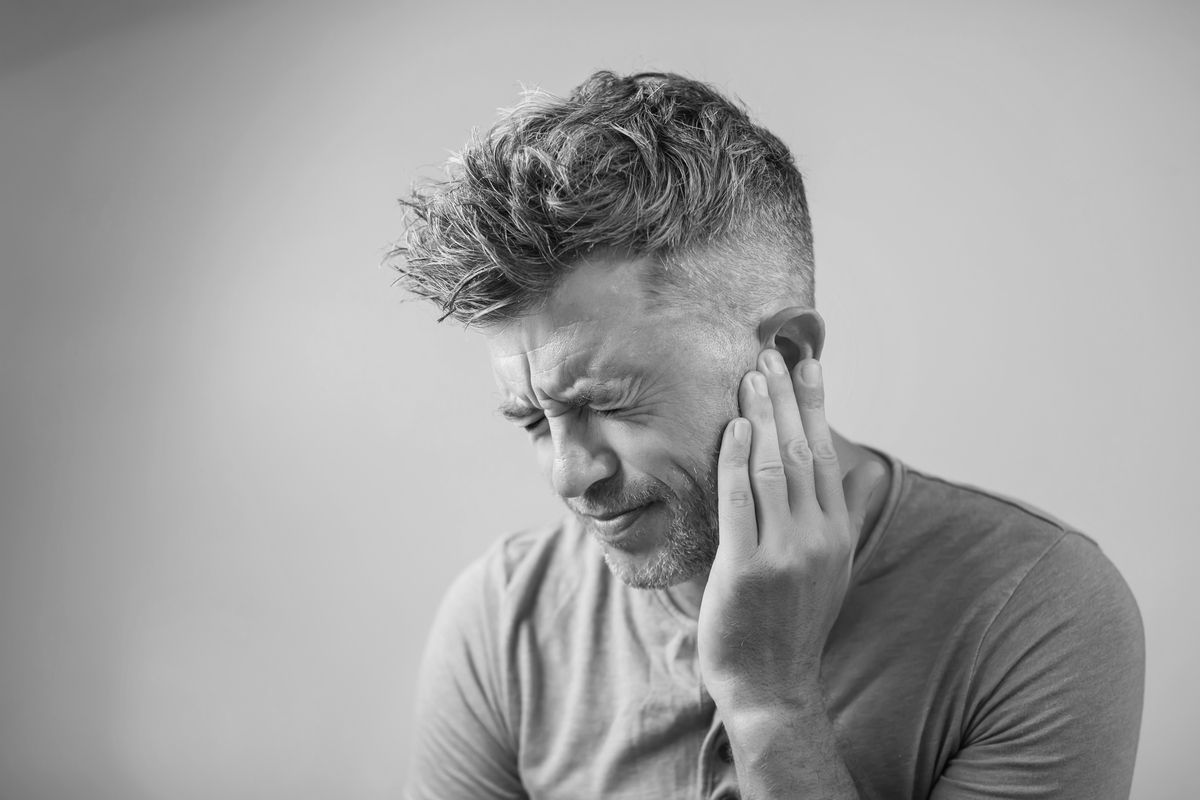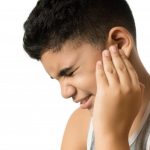With each passing day, as winter plunges us into a deeper freeze, we find ourselves amidst mixed opinions on whether the freezing cold is the true cause of ear infections or not.
In this blog, you’re about to uncover the reality behind this popular belief in the light of science and medical experts.
Some patients also confuse persistent ear pain with ear infections. To solve your confusion, we have uncovered the reason your ears can hurt in cold weather.
Further, you’ll also learn some ways to prevent ear pain in the cold season and what steps to take if you experience ear pain.
Having said that, let’s cut the chase!
Why Do Your Ears Hurt In Cold Weather?
The question of why ears hurt in cold weather is like an unsolved riddle, leaving a dust of uncertainty around you. Ear pain can occur due to viral or bacterial infections, but not always! Prolonged exposure to freezing temperatures while traveling or working can lead to ear pain.
Here is what medical experts say about the reason behind the dull earache:
- Sensitive nerves: The nerves in the ear canal are sensitive and unprotected. Therefore, they react with a strong pain impulse deeper into the ears whenever you are in freezing temperatures. For some people, the pain can become unbearable if they do not take safety measures.
- Blood vessels constrict: The blood vessels in the ear constrict naturally, due to which the warmth inside the ear canal decreases. As a result, a person experiences discomfort or pain when exposed to chilly temperatures.
- Congestion due to cold: People are more prone to colds or flu in winter. Due to nasal congestion, the mucus sometimes blocks the eustachian tube (which connects our middle ear to the upper throat and nose), causing discomfort or pain. The earache might worsen if exposed to cold wind and rain or extremely chilly temperatures.
- Sinus infections: During the chilly seasons, you are most likely to experience persistent cold and flu that often lead to sinus infections presenting as green or yellow nasal discharge, headache, cough, and fever. In some cases, inflammation in the sinuses can also trigger earache due to fluid buildup behind the eardrum.
- Hardened ear wax: Ear wax is normally deposited in the ear with passage of time if not cleaned properly. Prolonged exposure to cold weather can harden this ear wax, which not only affects the hearing ability but also causes earache.
Can You Get An Ear Infection From Cold?
Despite the common belief, catching a cold or exposure to cold weather doesn’t directly give you an ear infection. However, if you are exposed to the chilly weather for hours, then your chances of getting a nasty bacterial or viral ear invasion increase, especially during the cold season.
Experts around the world agree that it’s not the cold that causes ear infections but the increased prevalence of respiratory infections during winters that increase the risk of getting an ear infection.
To understand better, the cold environment might weaken the immune response, often leading to viral colds or flu that paves the way to secondary ear infections.
In some cases, the eustachian tube, which regulates the pressure in the ear, can become blocked, creating an ideal breeding ground for bacteria. So, it’s not the cold air that directly causes the infection. But it surely creates a safe environment for those pesky infections to cozy up in your ears.
What To Do If Your Ears Hurt From Cold?
Mild ear pain from a cold can get better on its own when the symptoms of cold and flu wear off. However, you can take some early precautions to manage the pain at home.
Doctors often recommend using over-the-counter medications, such as painkillers or anti-inflammatory ear drops, to alleviate pain and discomfort.
However, you must consult your healthcare provider if the ear pain persists for a day or two or if you have any additional clinical conditions like asthma, hypertension, or diabetes.
Not to mention, if you have trouble hearing along with ear pain, fever, or feeling of fullness in the ear, these could be ear infection symptoms. Therefore, visiting a nearby clinic for quick evaluation and proper treatment is necessary.
How To Prevent Earaches or Ear Infections in Winter?
Keep your ears covered: Wearing a hat or earmuffs helps protect your ears from cold winds, reducing the risk of irritation and pain.
Keep your ears dry: Moisture can contribute to ear issues. Use a hood or umbrella to ensure your ears stay dry, especially in wet or snowy conditions.
Do not insert objects: Refrain from inserting cotton swabs or other objects into your ears, as this can push wax deeper and increase the risk of inflammation or ear infection.
Stay healthy: Strengthen your immune system through adequate sleep and a balanced diet to reduce susceptibility to cold, flu, or respiratory infections during the winter season.
Use earplugs in cold water: If you’re engaging in water activities during winter, use earplugs to prevent cold water from entering the ears, reducing the risk of ear infections.
Stay up-to-date with vaccinations: Certain vaccinations, such as the flu vaccine, can reduce the risk of infections that may lead to ear problems. You can visit an urgent care clinic for flu shots or a lab nearby.
Visit Family Urgent Care For Ear Infections
If you notice persistent ear pain lasting more than a day, it might be time to talk to a doctor. You can schedule your appointment with Family Urgent Care or even visit the clinic directly if you live in or near Schererville, Rogers Park, or Lincoln Park.


























